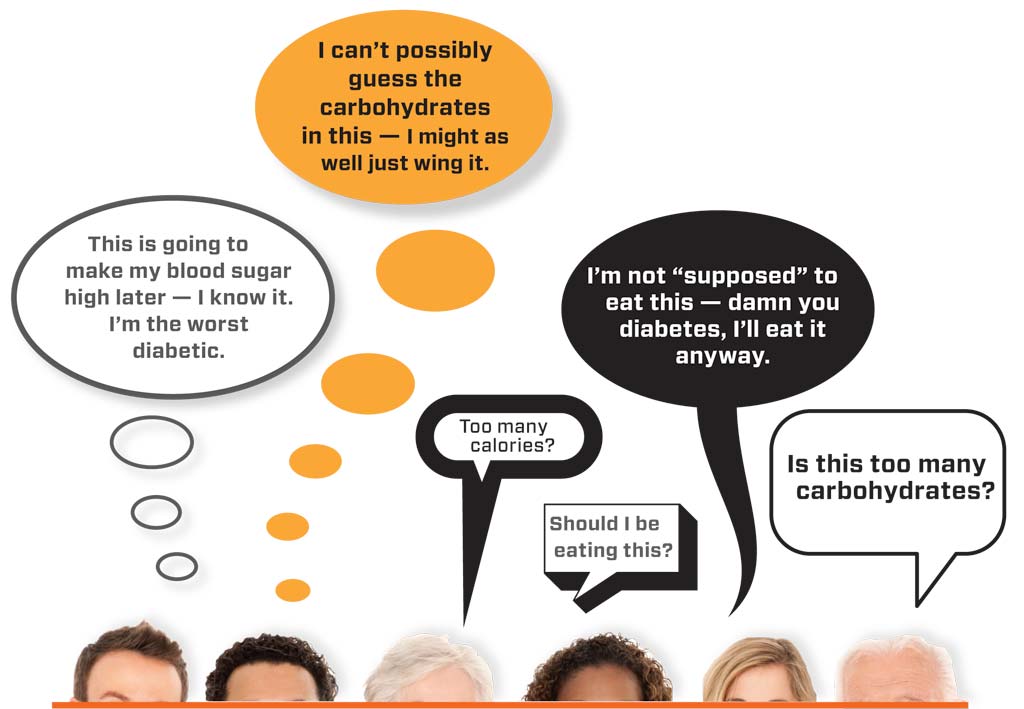Survive and Thrive during your Perimenopause Challenge
Ease your perimenopause symptoms which affect all women, and especially those with diabetes, with issues of mood, food, & blood sugar control

Since becoming a type 1 diabetic (30 yrs ago now) I have been on a mission to maintain a healthy normal lifestyle. Way back then the guidance I received was simply “eat normally and adjust your insulin as needed”
This was not a great help!
The first few years were a roller coaster, to say the least, it was then in my early twenties, in desperation to help myself and others like me when I changed my career path, went back to university and retrained as a clinical nutritionist, which has turned out to be the best decision I have ever made.
The Perimenopause Challenge
Another ‘lifetime challenge’ hit me in my early 40’s, perimenopause, the period before full menopause generally starting in our 40’s and can last 5 to 10 years or even longer in some cases.
This is the time for all women when blood sugars can become particularly erratic and fluctuate for no apparent reason.
For us girl’s with diabetes, however, it’s complicated!
The Mayo Clinic calls this period a “Twin Challenge” for women with diabetes. Along with blood sugar swings other common symptoms of perimenopause include;
- Bloating and weight gain (which can frustrate insulin users even more)
- Chronic fatigue
- Feeling overwhelmed, tearfulness or even panic attacks
- Brain fog and mood swings
- Breast tenderness and abdominal bloating
- Erratic and or missed menstrual cycles
- Fibroids
- Joint pain and headaches
- Poor sleep and night sweats (mistaken hypoglycemia)
- Dry eyes
- Loss of libido and vaginal dryness
- Higher risk of hyperglycemia (due to insulin resistance)
So what causes perimenopause?
Being a woman with diabetes is challenging enough during the monthly cycle, but during perimenopause our hormones change dramatically, throwing a whole new set of daily dilemmas at us.
During perimenopause, our hormones — estrogen, progesterone, and the female sex hormones — start to fall out of line and this affects how our cells respond to insulin.
- Blood sugar levels become way more variable and less predictable and insulin resistance becomes more prominent.
- In conjunction with all this, our bodies can become “estrogen dominant’ as egg production and quality decline and our progesterone levels fall.
I highly recommend reading Michael Lam’s book on estrogen dominance in which he gives a wonderful explanation of how to help overcome this.
It’s important to get a strategy in place for the sake of your long term health not to mention your sanity.
I recommend:
- Find a really good gynecologist willing to work with bioidentical hormones. I had to change mine as the first doctor I saw advocated ‘synthetic’ hormone treatment.
- Keep a record of dates when you experience peaks and troughs so you will see where in the month persistent high blood sugars are likely to strike and you will be better prepared the following month.
Eat a plant-based, Anti-Inflammatory Alkaline Diet
As you already know, a healthy diet based on slow-release carbohydrates is key to blood sugar control.
Perimenopause, however, has a known correlation with increased insulin resistance, so what may have worked ok in the past may not be ok now. We are all different but in general, don’t avoid consuming carbohydrates or be tempted by extreme keto diets because your body needs some carbohydrates for hormone production.
Focus on getting your carbs mostly from organic vegetables rich in insulin, and balance them out with healthy fats. Cutting out wheat and dairy and all processed food was something I did automatically 30 years ago and I still recommend it to clients with any kind of autoimmune condition. Sarah Gottfried MD highly recommends this in her book the Hormone Reset Diet.
Eat high amounts of plant fiber to aid transit digestion and create a healthy gut microbiome.
Here are a few of my daily go-to foods.
- Dark green cruciferous vegetables are a girl’s best friend during perimenopause, especially broccoli and broccoli sprouts they help to detoxify the liver of excess estrogens, remember that anyone taking medication has an increased need of liver cleansing, also great liver healers are artichokes and dandelion leaves.
- Add in sprouts grains and micro greens to make any meal a superfood, increasing vitamin and mineral content 10 fold. Try to double your intake of highly colored vegetables, they are higher in antioxidants, carotenoids and vitamin C. Also add in fresh herbs, parsley and coriander to as many meals as possible, they are both great liver detoxifiers. You can also supplement with milk thistle, chlorella, and DIM.
- Omega 3 fats (DHA) are paramount for hormone and blood sugar balance, research done in Canada has linked long chain omega 3 fatty acids, to calmer mood and reduced hot flashes in menopause. Make sure your omega 3 comes from clean marine sources, which you can get in capsule form or from sardines and wild Alaskan salmon etc. The best short chain omega 3’s come from plant sources, flax seed, chia, and hemp.
- Dark berries are packed with antioxidants and fiber and are low in sugar. In particular, flavonoids known as anthocyanins in dark berries, play a role in stem cell regeneration and can help regenerate blood vessels. I like to add organic Aronia berry powder to my breakfast.
- Make sure your calories from protein remain at least 30% of your total calories and that your protein comes from, clean, healthy, unprocessed sources. During perimenopause, our livers may already be overloaded and we start to lose lean muscle mass and collagen production slows down. Start to think of your protein intake in terms of its health benefits instead of just as an addition to your meal. Add in an organic source of collagen peptides daily, this will help with collagen loss, help with skin tone and give you better bone mineral density. If your vegan, seek out the best vegan protein powders to add into smoothies.
The importance of a healthy microbiome
We must consider maintaining the integrity of our gut biome when we make dietary changes. The diversity of our gut microbiome has profound implications on our metabolism. These micro-organisms in our gastrointestinal tract are key to our absorption and break down of nutrients from food.
- B12 is produced in our gut
- Gut bacteria break down and ferment dietary fibers and protect us against pathogens
Maintaining balance is paramount. During perimenopause our microflora can become unbalanced, causing, gas, bloating, and constipation.
Recognition of the importance of healthy gut microbiota and its influence on gastrointestinal physiology is relatively new. The latest studies show that gut motility and integrity is directly correlated to caloric extraction from the diet. Studies in humans show that a drastic reduction in the diversity of gut microbes (dysbiosis) is enough to cause functional changes in brain chemistry and weight gain. However, it’s not just as simple as taking a probiotic, you need the right strain of bacteria.
Seek out expert help if your suffering intestinal irregularities
Choose Exercise that helps with muscle tone
All Diabetes Associations worldwide state that exercise helps manage blood sugar, however, the type of exercise counts a lot during perimenopause.
So many women flog themselves in the gym, only to find it has little or no influence on weight loss. During perimenopause, exercise for four or more hours each week is recommended.
What you do and when you exercise is more important, than how long you do it.
Try changing your routine to 30–60 minutes most days of the week and focus on low impact exercise such as walking, cycling, swimming and lifting weights.
Get into yoga. It’s a simple and beneficial way to lower inflammation, increase endorphins and helps manage stress and cortisol. Yoga also boosts the immune system and balances hormones.
Stress and cortisol
Sadly, perimenopause hits us at a time in our lives, the big 40’s when we least need it. It is natures cruel joke. We are already stressed out and frazzled, by teenagers, jobs, mortgages, aging parents, etc. Rising stress raises cortisol and therefore blood sugar, the whole thing becomes a vicious circle.
You must start to put yourself and your health first.
Skipping exercise and drinking more alcohol and caffeine are common among chronically stressed women. These self-destructive habits contribute to higher cortisol levels, which interferes with blood sugars!
Rest, Recuperate and Replenish
Are you getting enough quality sleep? Lack of sleep or poor sleep quality are the biggest complaints from women during perimenopause who frequently wake during the night. For me, I find that yoga, meditation, using frankincense oil and taking a melatonin + plant complex at night helpful.







